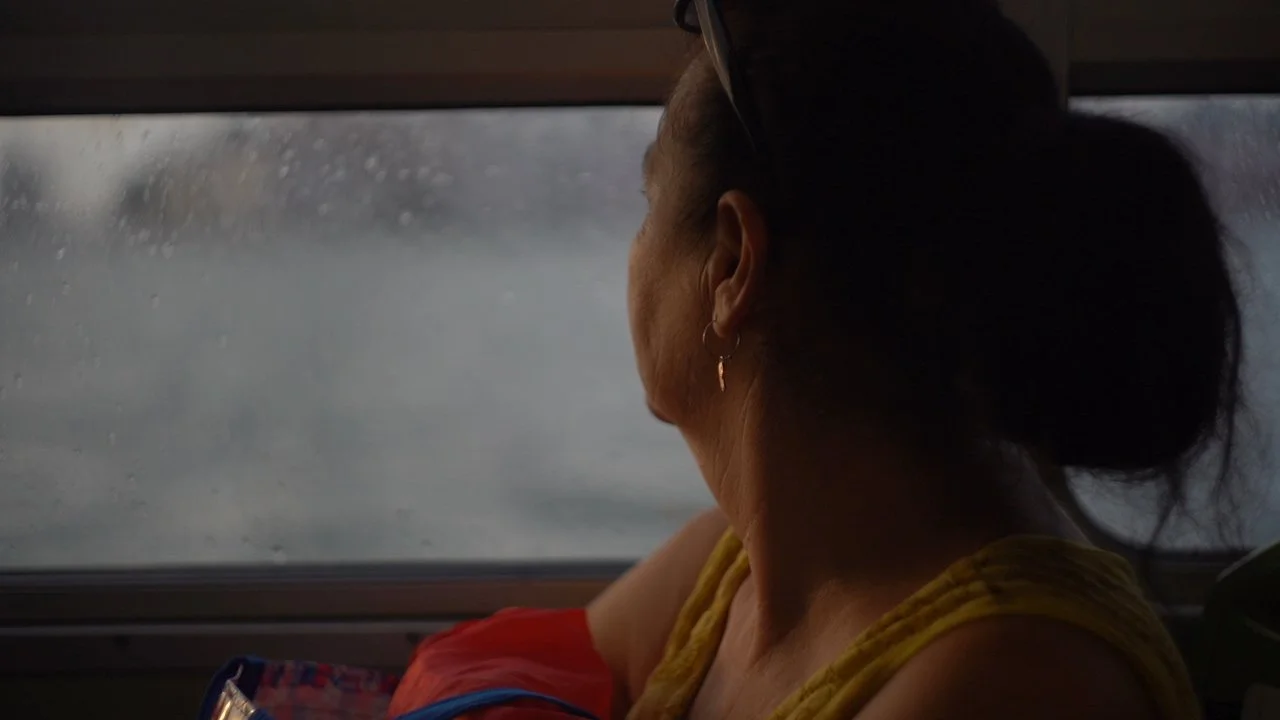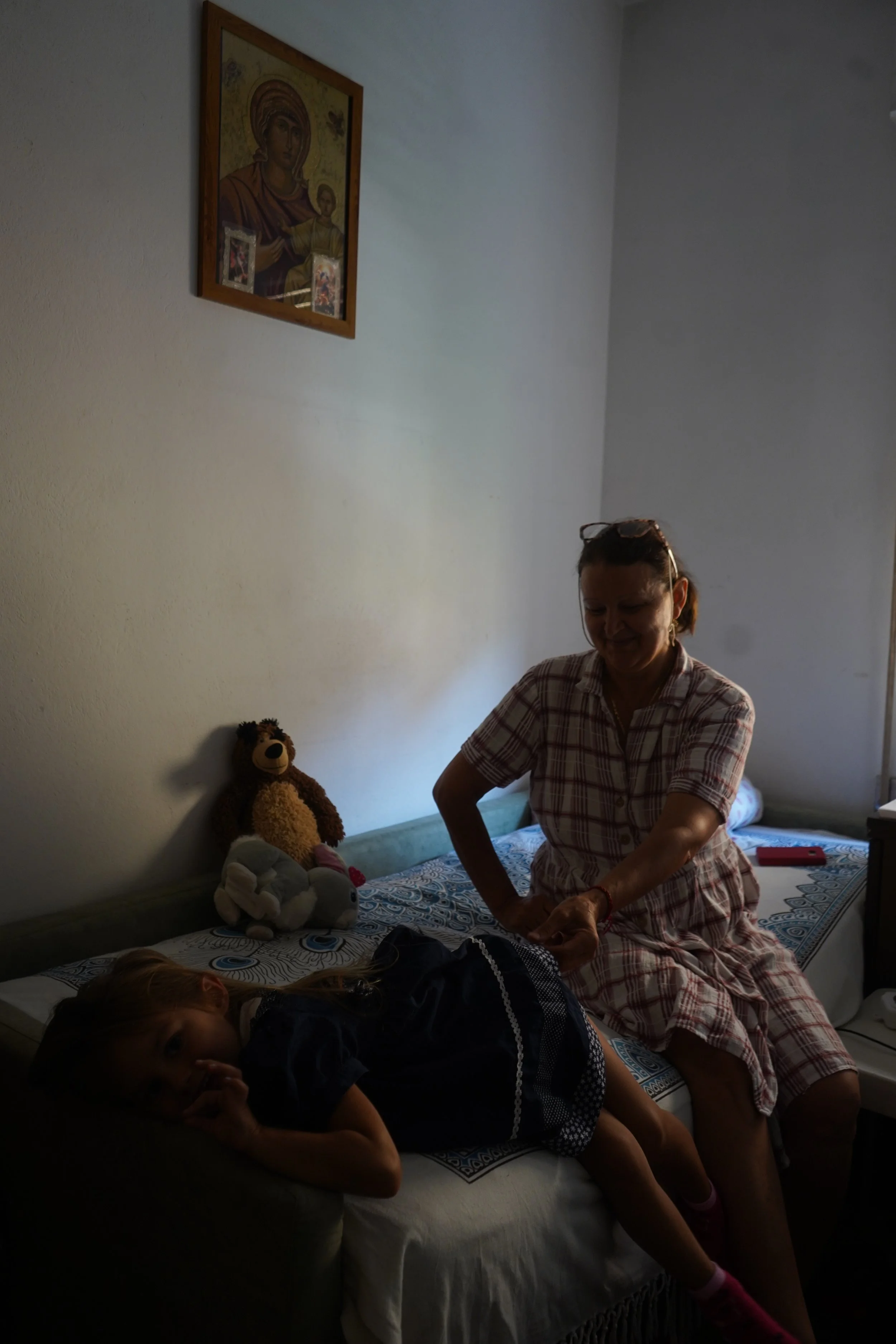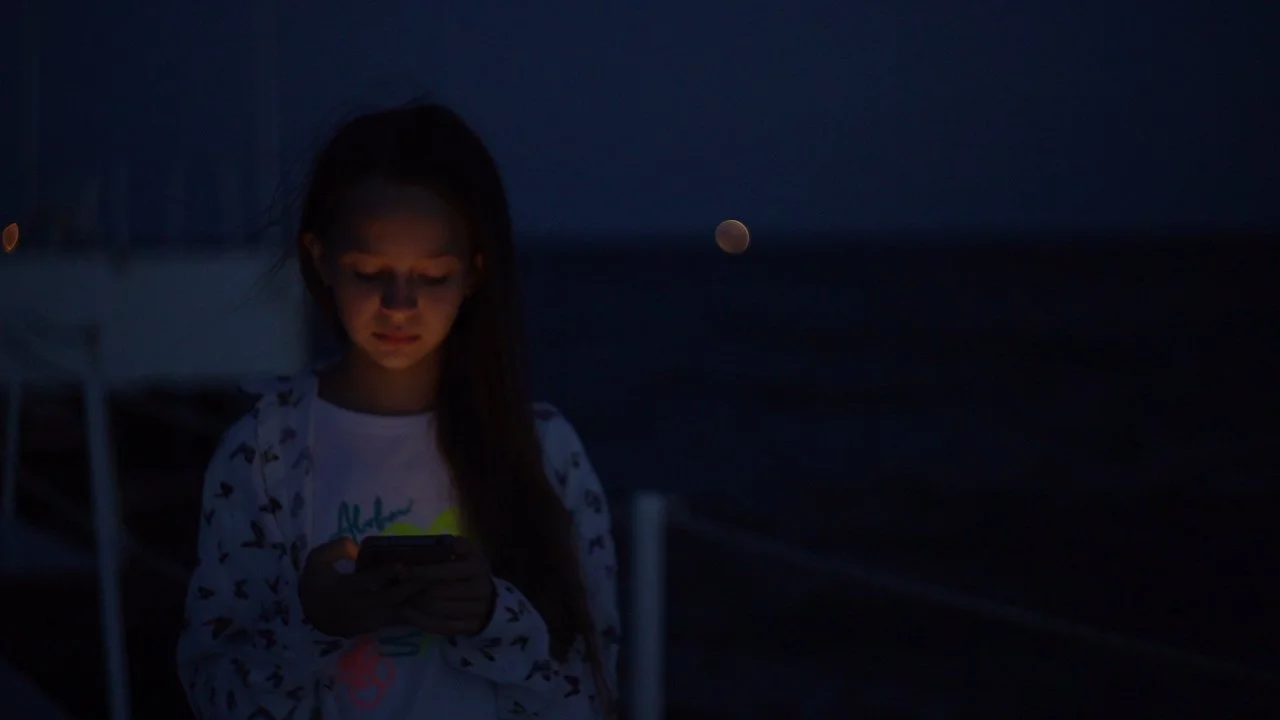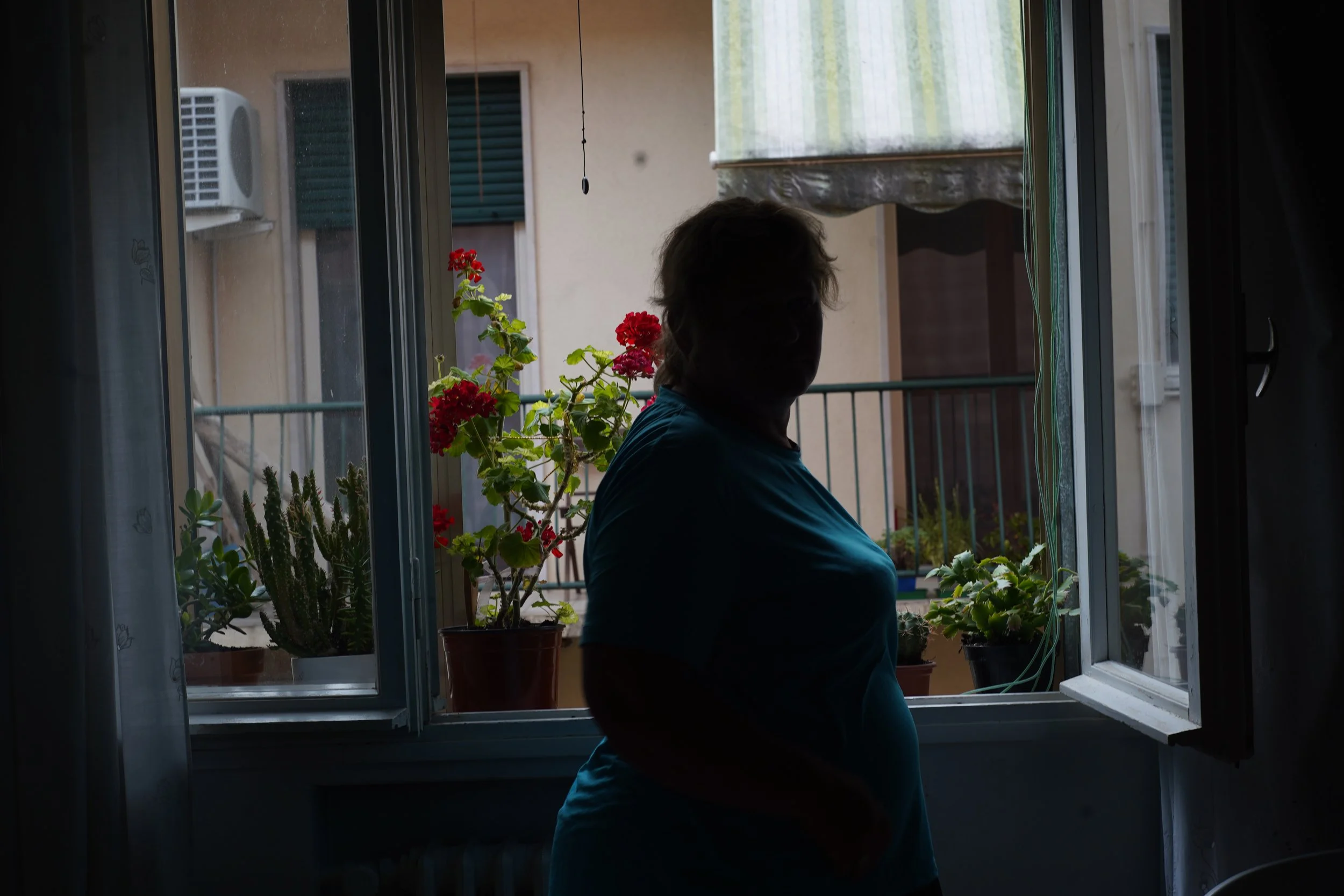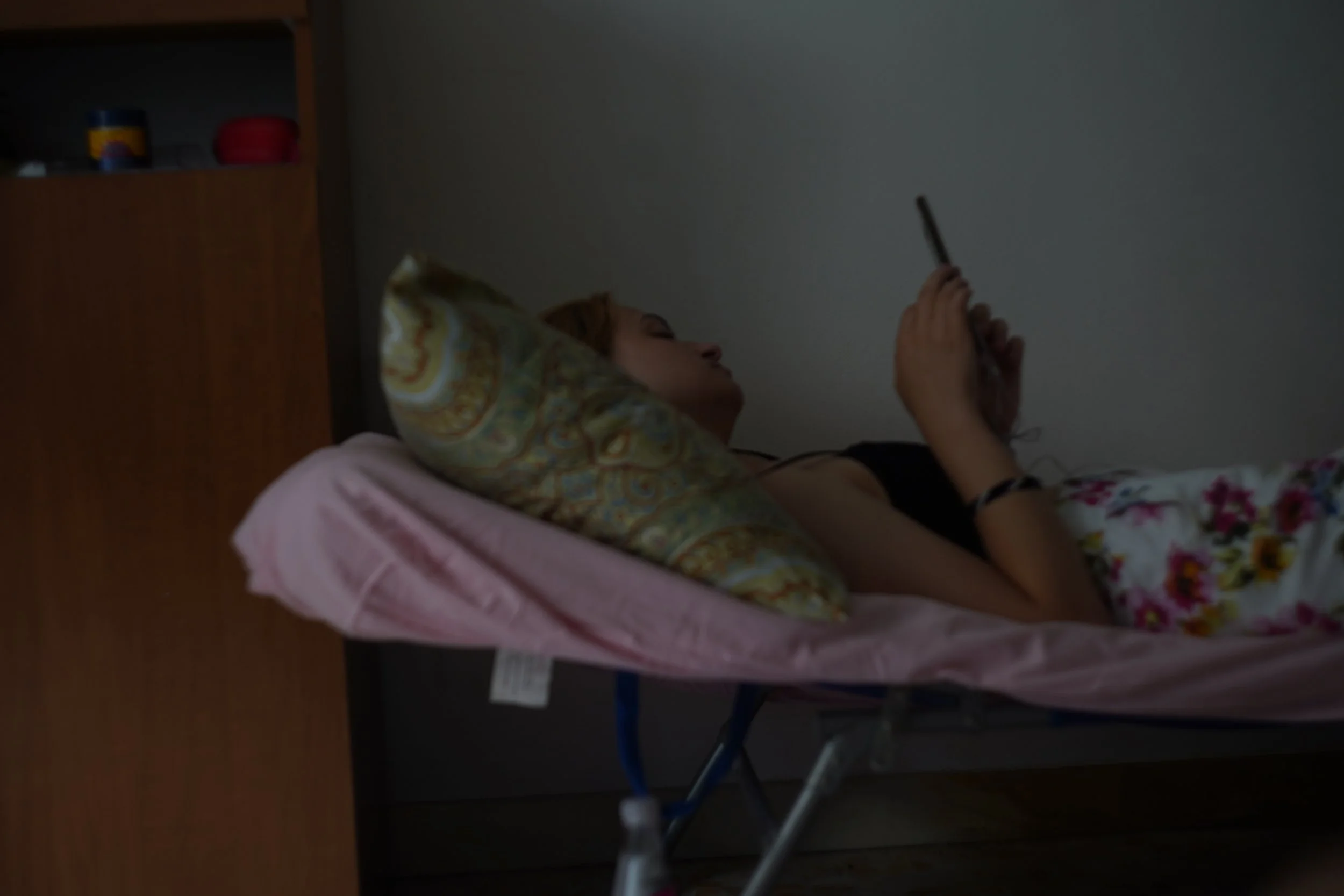‘Mothers as Heroes’: Examining the experiences of Moldovan Women migrants in Italy and the conceptualisation of sacrifice during the transition from communism to capitalism.
Abstract:
Following the aftermath of the Soviet Union’s dissolution and Moldova’s independence in 1991, the nation plunged into a severe economic crisis facing a difficult and extended process of transitioning to a free-market economy. This triggered a substantial emigration wave, predominantly involving Moldovan women seeking job opportunities abroad, particularly in Italy.
Drawing on primary research and eleven in-depth interviews conducted in Italy, this dissertation explores the lived experiences of Moldovan women labour migrants between 1995 and 2005. While migration is often portrayed as an inevitable response to economic collapse, this study underscores the complex and multi-dimensional forms of agency that shaped women’s choices to leave.
By examining how they navigated sacrifice, duty, and resilience, the dissertation challenges simplistic narratives of migrant mothers as either “heroes” or “victims,” highlighting instead the nuanced realities of their lives abroad.
Research note:
I began this project out of a personal curiosity about the lives of Moldovan women who, like so many in my own community, left to work abroad. Growing up, I often heard their stories second-hand — of mothers raising other people’s children in Italy while their own grew up at home, of women celebrated for their resilience yet quietly struggling with absence and guilt.
During my research in Italy, I conducted interviews with women working as domestic carers. What struck me most was the way they described sacrifice — not only as loss, but as a chosen form of love and duty. Many saw themselves as “heroes” holding families together across borders, even as they grappled with loneliness, uncertainty, and discrimination.
This research continues to shape my artistic practice. In both photography and film, I am drawn to stories of migration, resilience, and the hidden labour of women.
“Fence, walnut tree, gate, fence, sour cherry orchard, home, children, pack your world and... run away, chase after a piece of bread, pursue a better life. A convoy of men and women running to escape poverty. Running to buy, with borrowed money at interest, the right to a better life. They run and... this chase leaves deep traces. Profound traces of loneliness. Loneliness down to the bone. The wounds are deep, open, unhealed. Bloody wounds in the body of the country, stifled laments, and tears shed on a foreign pillow. This foreignness. This foreignness devours your years, and you obey, claiming you did it for your children. Only for your children?”
Read the full paper here (PDF)
